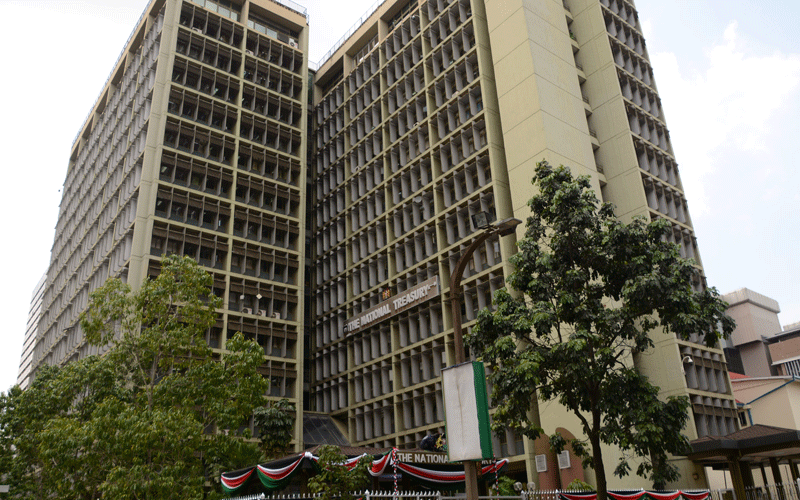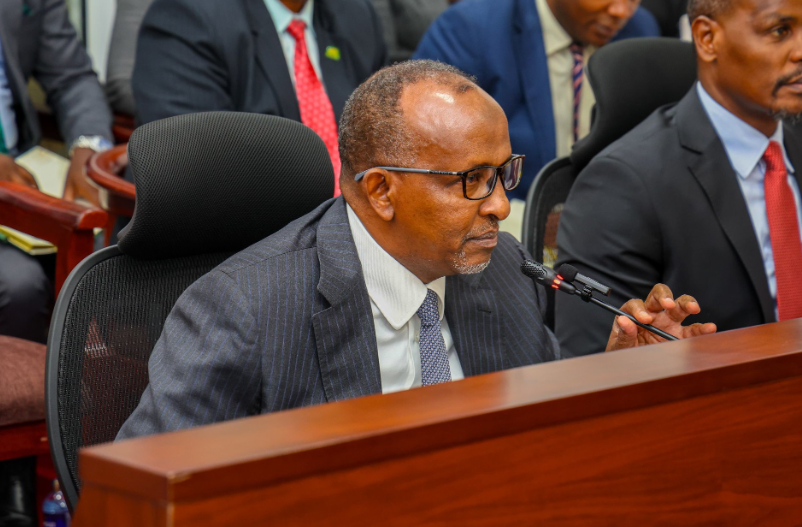Moody’s warns of crisis as virus delays Kenya’s plan to slash public debt

BORROWING: The coronavirus pandemic will delay Kenya’s plan to cut borrowing while public debt will hit 70 per cent of gross domestic product (GDP) next June, a global credit rating agency has said.
Moody’s also warns that the country will struggle to borrow on the international market as interest rates on its debt will rise faster.
Latest update from the agency shows that the pandemic will delay the government’s plan to cut borrowing and match its income and expenditure.
“Kenya’s weak track record of fiscal policy effectiveness points to risks that fiscal consolidation will occur more slowly, resulting in a more rapid increase in the debt burden,” said David Rogovic, a Moody’s Vice President – Senior Analyst and the report’s co-author.
Credit profile
According to data from the National Treasury, public debt stock was Sh6.7 trillion equivalent to 65.7 per cent of GDP as at end June, 2020, while public debt stock was Sh1.23 trillion equivalent to 39 to of GDP as at end June 2010.
The credit profile of Kenya (B2 negative) is constrained by high and rising government debt as well as subdued government revenue, the report notes.
Kenya’s weak economic growth and low tax revenue will weigh heavily on her debt profile.
“The coronavirus shock will delay fiscal consolidation, which along with weaker real GDP growth, will contribute to the debt rising to 70 per cent of GDP by the end of fiscal 2021 (year ending June 2021), from 48 per cent of GDP in fiscal 2015,” the report notes.
Delay reduction
Analysts at Kestrel Capital, however, said that as much as Covid-19 will delay reduction in borrowing, Kenya may still be able to borrow internationally.
“There will be a delay in debt consolidation due to unplanned Covid-19 expenses, however, on accessing international markets, my view is that it will depend on market liquidity, I believe liquidity will still be high,” said Francis Mwangi, Kestrel Capital chief executive.
Cytonn Investment’s Rodney Omukhulu said the report was reiterating what is already obvious that the pandemic could sully the country’s debt outlook.
“Going by the number of times Kenya has been borrowing from IMF and World Bank this year alone, you realise the pandemic has caused severe reallocation of funds to the health sector,” he said.















